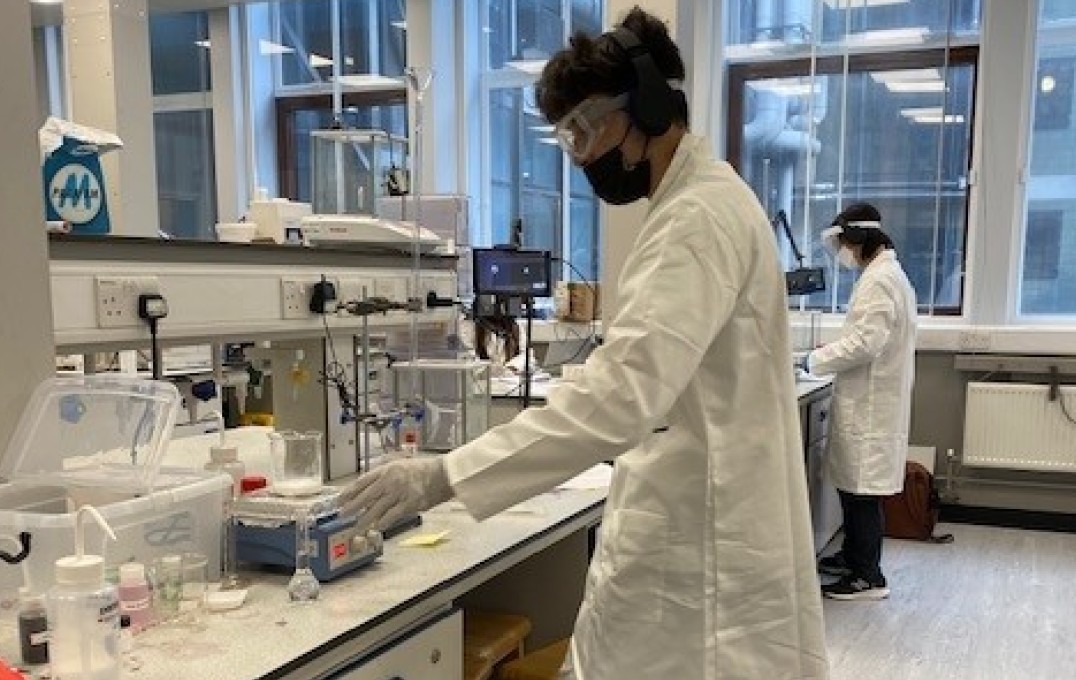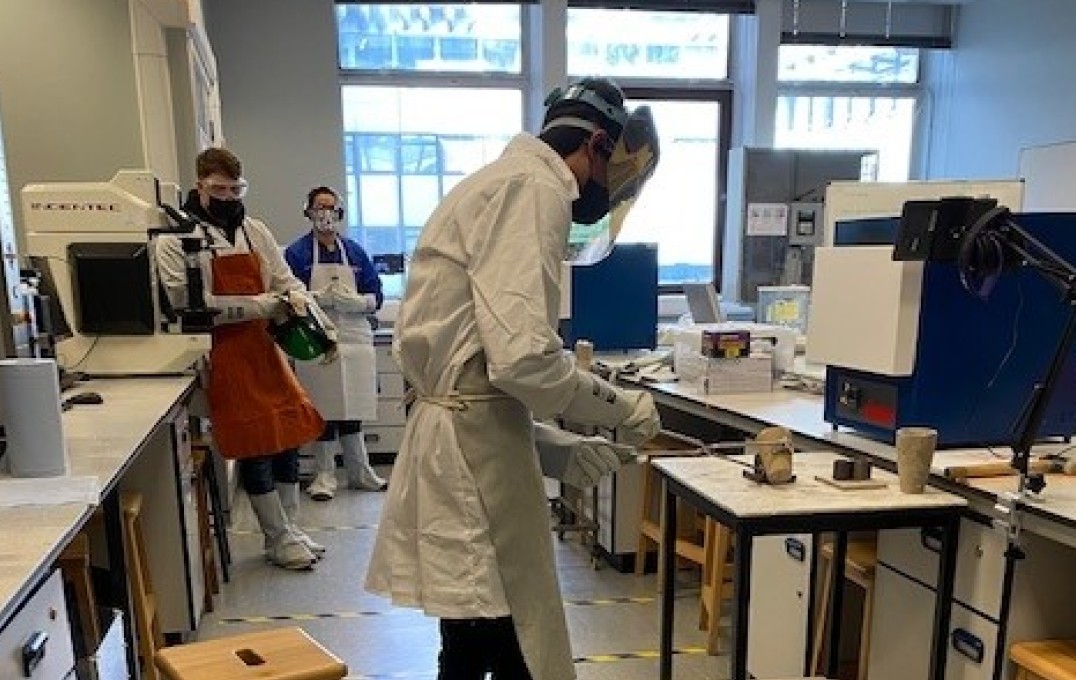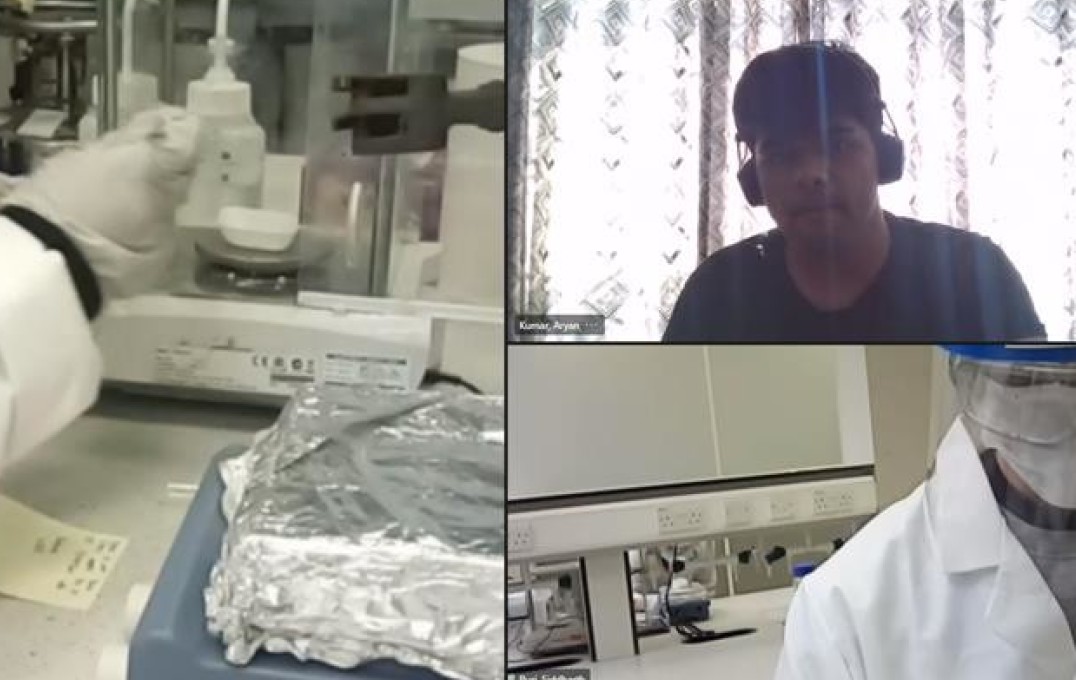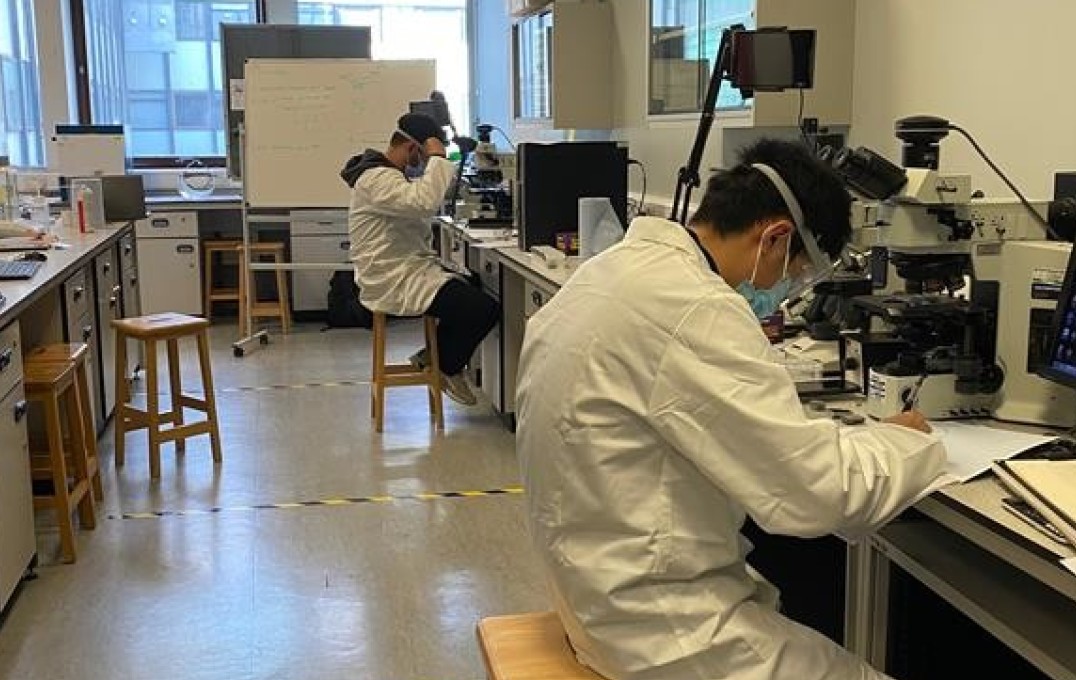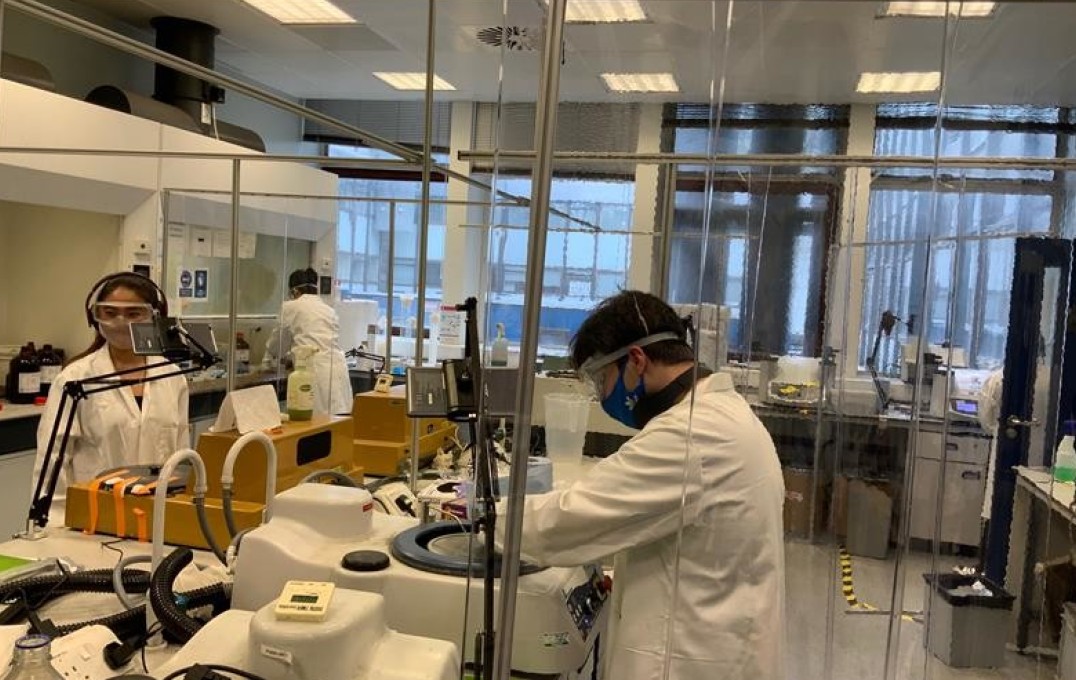New safety measures and technology supports remote and in-person collaboration
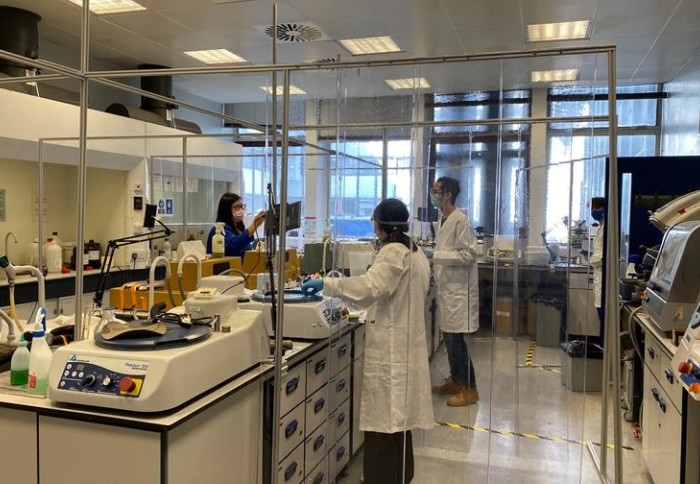
The Department of Materials has started welcoming back small groups of undergraduate students to undertake essential practical work.
Present government guidelines permit students to return to campus for essential practical work and for students who were already in London, special concession was granted to allow early access to the practical labs to gain these essential skills.
Collaborative learning beyond the labs
New additions have been added to Undergraduate laboratories, with refitted with plastic screens to comply with current safety measures, and new tablet devices at each laboratory bench.
Using the newly installed tablet devices, lab partners and Graduate Teaching Assistants (GTAs) can now interact virtually through MS Teams. The remote and in-person linkup allows remote students to focus on literature research while their in-person partner carries out measurements. Remote students can also complete calculations and feed that information back to the in-person student.
Last week, first-year undergraduates in the laboratory collaborated virtually with their peers to discuss metallography and titration practical exercises. Their experiments included learning how to cast metal; using optical microscopes to look at microstructures; how to mount, grind, polish and etch metal specimens and how to produce gold nanoparticles and measure the amount of gold that had not reacted.
Teaching Fellows, Lab Technicians and Graduate Teaching Assistants are currently present in the labs to oversee operations, ensure student safety and aid their learning.
Professor Peter Haynes, Head of the Department, said, "I have been delighted to meet some of our first-year undergraduates in labs on Thursday recently, and impressed to see them working collaboratively with remote partners via Teams. I’d like to thank our fantastic team of teaching fellows, who have worked incredibly hard to enable these sessions to be so effective."
Student experience
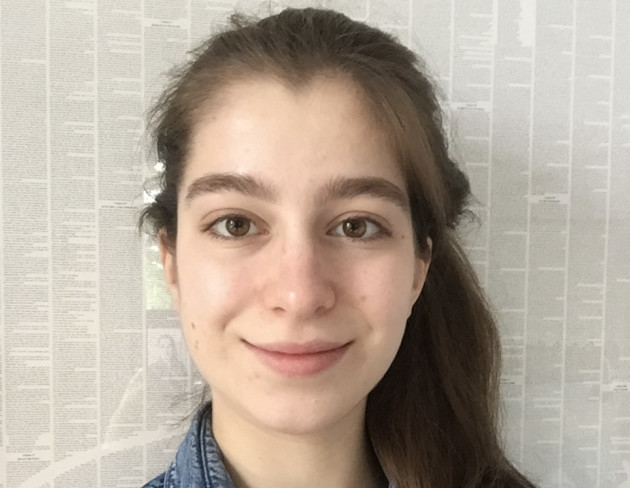 First-Year Undergraduate Antonia Fetzer was one of the first students to enter the newly redesigned labs.
First-Year Undergraduate Antonia Fetzer was one of the first students to enter the newly redesigned labs.
She said, " From grinding, polishing, and etching to casting, the metallography lab packed a bunch of new skills into a few hours, and it was great to experience the more hands-on aspect of the course. The discussions with lab partners and GTAs helped bridge the gap between what we saw through the microscope and what we had learnt in our lectures."
First-year student Suleyman Bihi also took part in the laboratory classes last week.
He said, "Seeing, conversing and collaborating with my course mates as well made the experience wholesome and enjoyable. It shows what we have missed this year, but I look forward to what the future holds."
A new approach to teaching
The lab redesign was led by Principal Teaching Fellow Dr Paul Franklyn and Senior Teaching Fellow Dr Priya Saravanapavan.
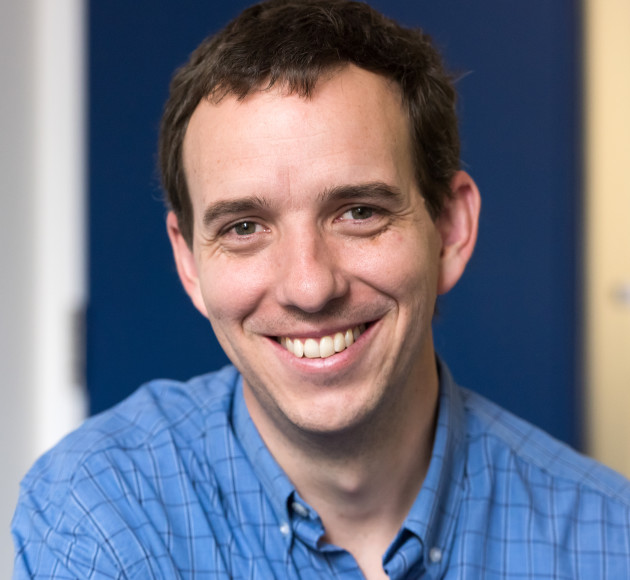
Dr Paul Franklyn said "The teaching fellows chose their roles for the opportunity to innovate and make a difference in teaching.
This experience, although intense and a lot of ongoing work, has been a wonderful chance to see how students can engage in a learning task and develop a love of a subject."
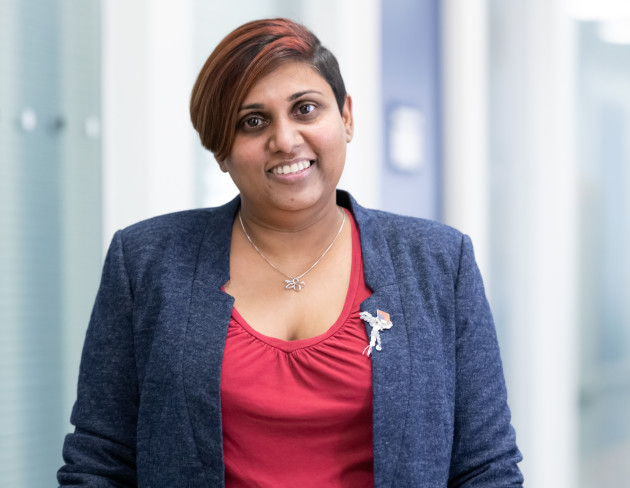
Dr Priya Saravanapavan said "The task of setting up multi-mode teaching within a very short time was quite challenging.
This task has helped us learn how we can incorporate technology in the labs, which will help to improve our Outreach and Summer School activities in the future."
Article text (excluding photos or graphics) © Imperial College London.
Photos and graphics subject to third party copyright used with permission or © Imperial College London.
Reporter
Paul Franklyn
Department of Materials
Kayleigh Brewer
Department of Materials
